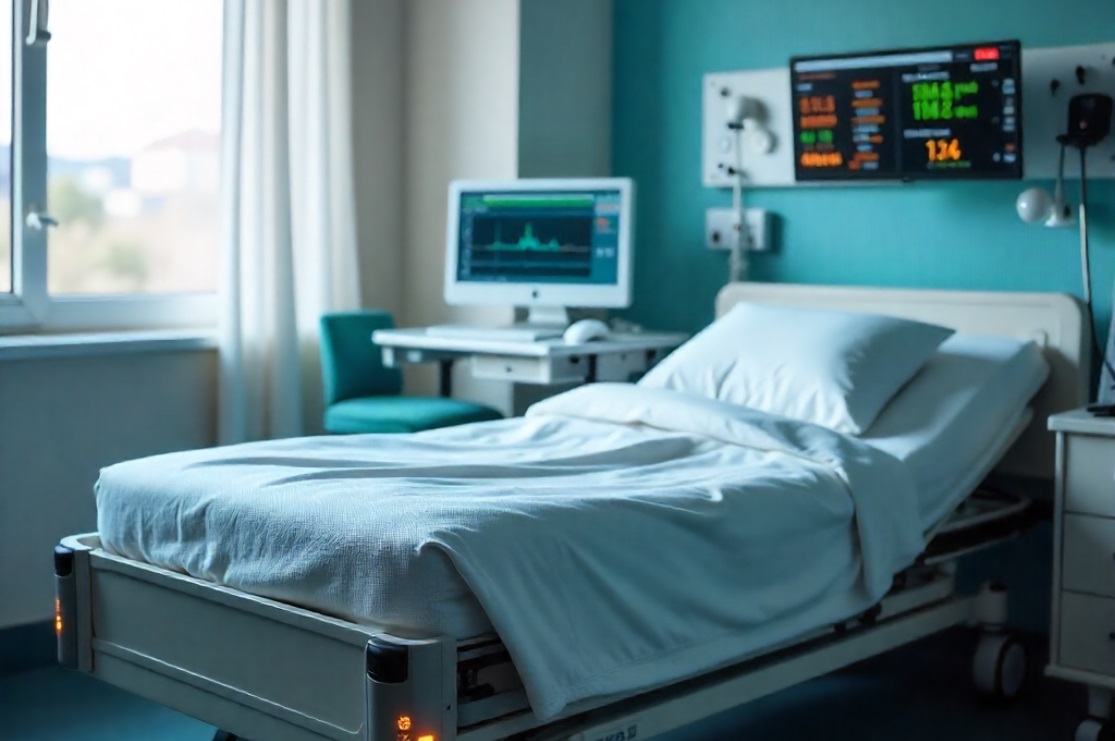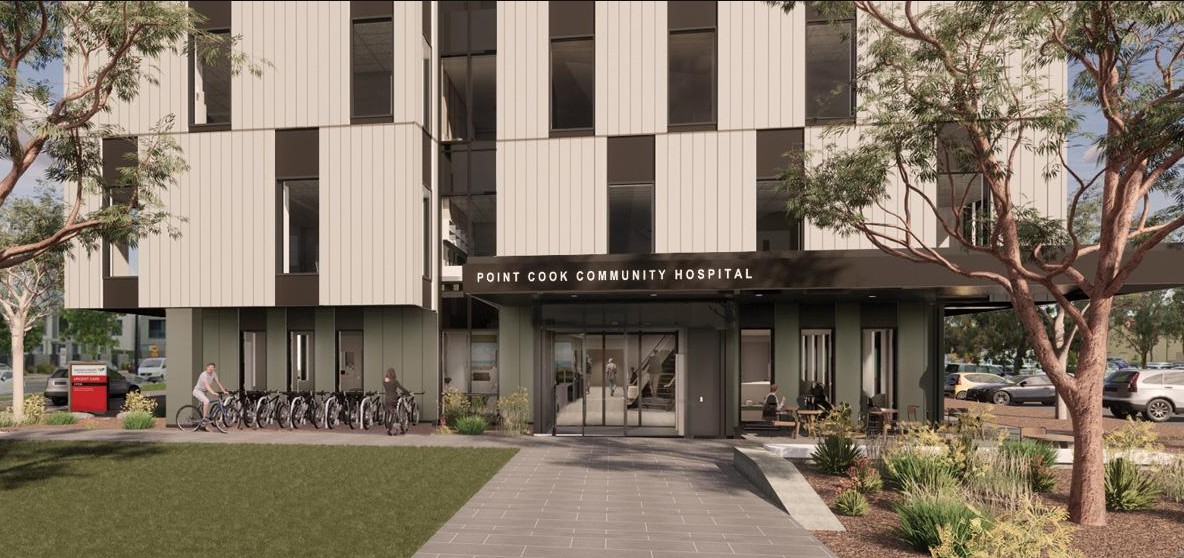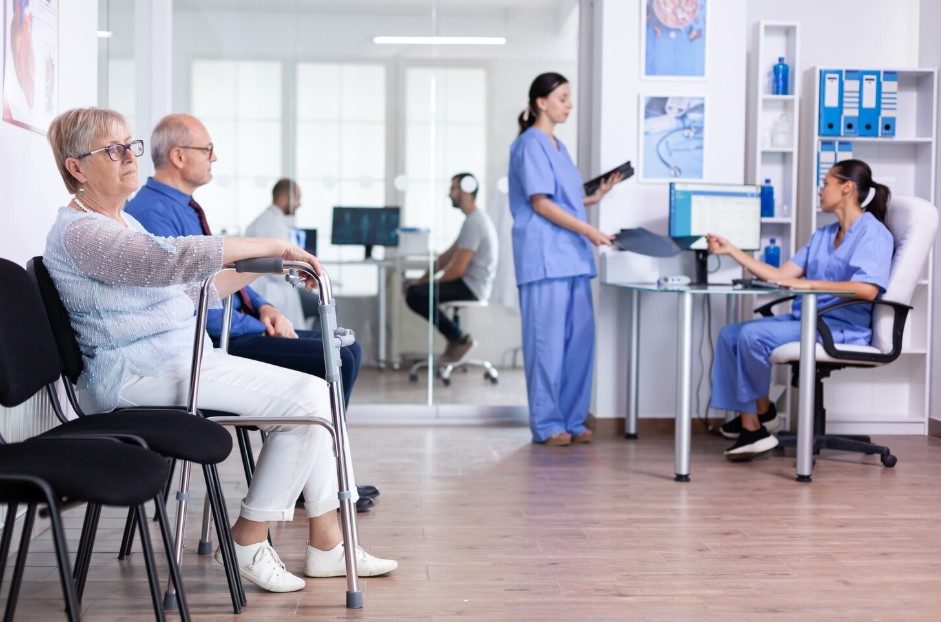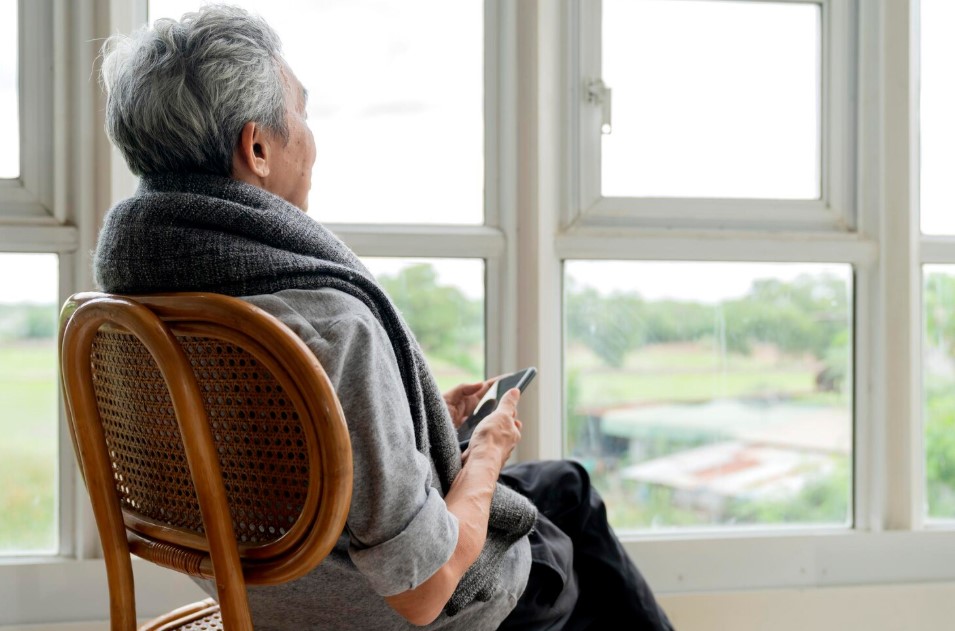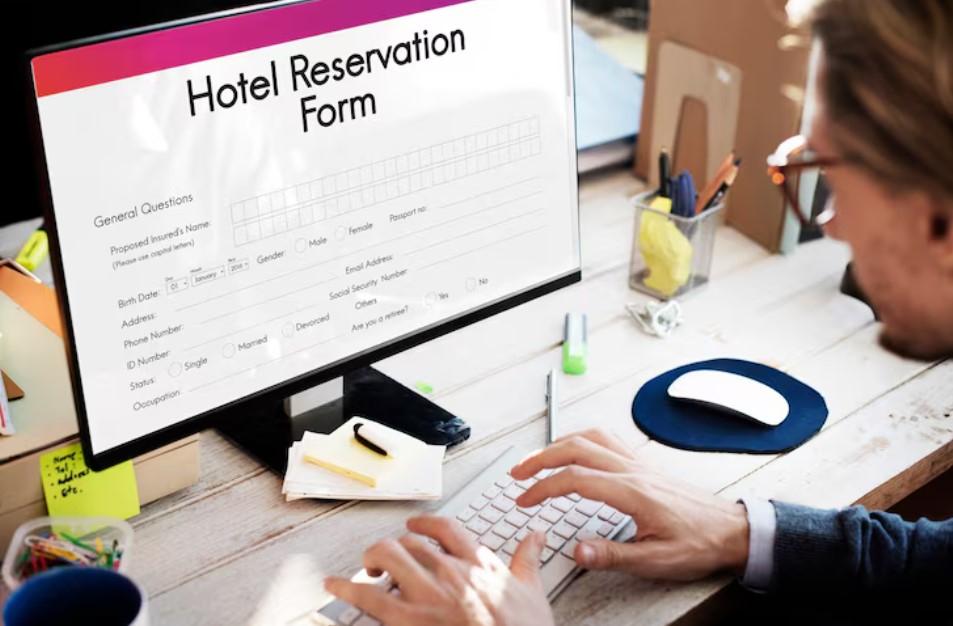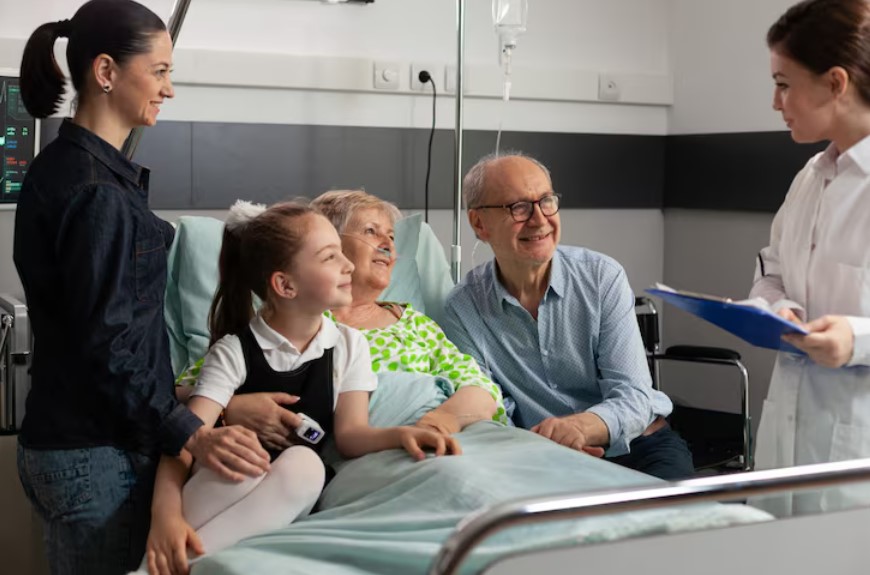19
Sep 2024
Rural Queenslanders Push for Increased Healthcare Travel Subsidies
Published in General on September 19, 2024
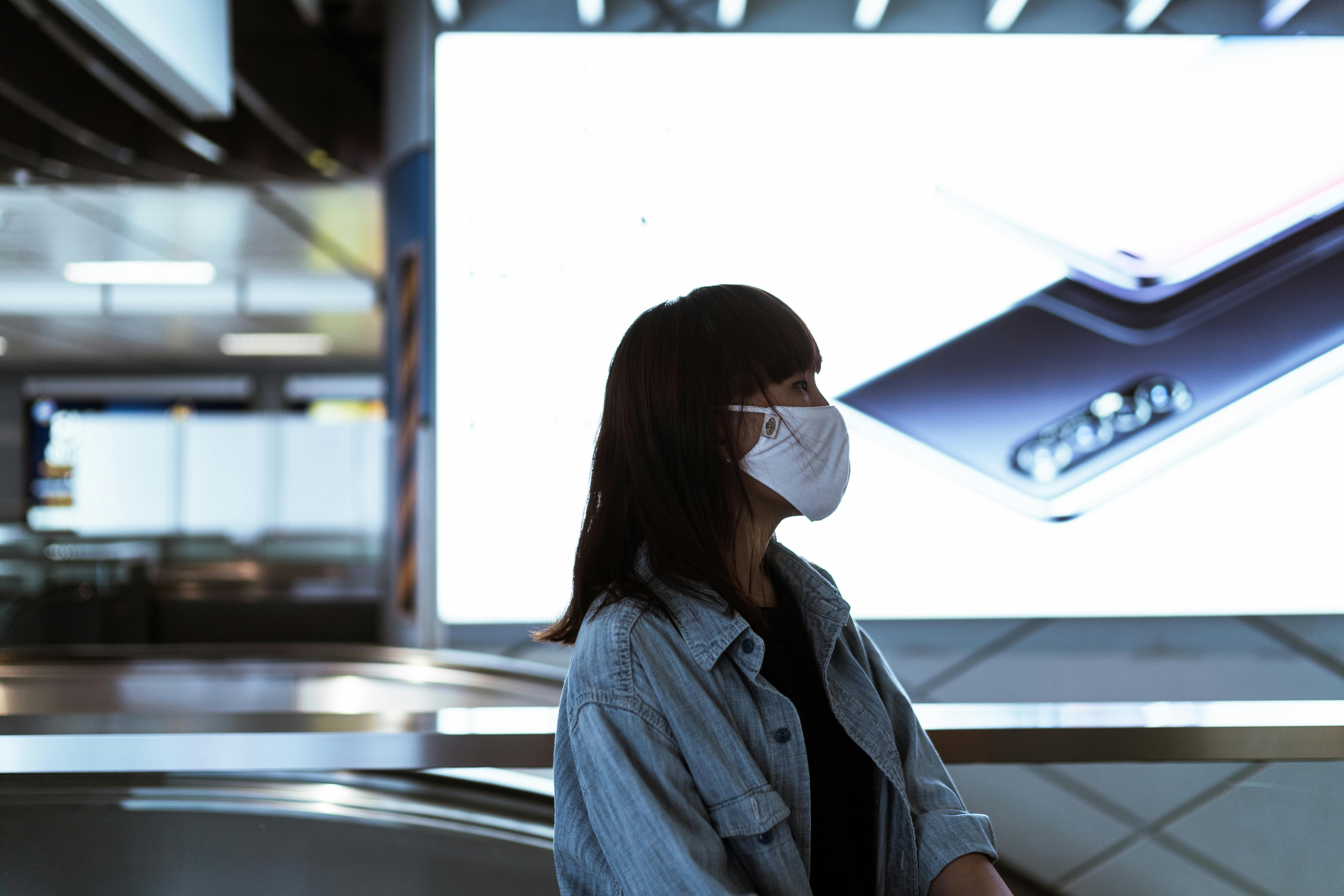
As the state election approaches, the National Rural Health Alliance is urging the Queensland government to fully cover patients' travel expenses for healthcare.
Sylvia Stanford had planned to celebrate her wedding anniversary with fresh barramundi at home in Queensland's remote gulf region. However, due to ongoing health issues, she was flown hundreds of kilometers by the Royal Flying Doctor Service for treatment. Outside Mount Isa hospital, she lightheartedly remarked, "I'm a professional patient now."
Since her bladder cancer diagnosis, Sylvia Stanford has faced frequent hospital stays far from home. Despite her efforts to stay upbeat, the situation has begun to take a toll on her.
"I miss my husband and daughter," the 74-year-old confessed. "I know moving closer to a major hospital makes sense, but my life is in Karumba. I'm happy there, and I want to die there. Community is as important as family."
Ms. Stanford was recently flown to Mount Isa for an infection, and her husband drives her 900km to Townsville for cancer treatment four times a year. Rural patients can access the Patient Travel Subsidy Scheme, which covers 34 cents per kilometer and $70 per night for accommodation.
National Rural Health Alliance CEO, Susi Tegen, argued that the Patient Travel Subsidy Scheme (PTSS) falls short of fully supporting patients. "While it provides some financial relief, it doesn't do enough," she said. "It's a subsidy, but it only covers part of the essential healthcare services people should already be receiving."
Susi Tegen has urged the Queensland government to reimburse patients for travel costs fully and to review the Patient Travel Subsidy Scheme (PTSS) every six months to keep pace with inflation. Sylvia Stanford echoed these sentiments, saying full reimbursement would ease the strain on her budget. At the very least, she hopes for an increase in the fuel subsidy and coverage for taxi fares. "Inflation is a major challenge for many pensioners," she added.
Tough Conversations
Despite the travel costs, Ms. Stanford has managed to attend her appointments, though she knows others who haven't.
"I have a friend who has turned down hip replacements because he can't afford them," she shared.
Justine Christenson, a Brisbane advocate, runs an online community that helps patients with the subsidy scheme. She noted that many are skipping essential treatments.
"I'm frequently contacted by people across Queensland looking for advice on subsidized hospital accommodation or how to navigate the process," she said.
"Some of the hardest conversations I have are with people who say things like, 'It's just too difficult,' 'I might as well stay at home,' or 'It'll be too expensive.'"
Ahead of the October state election, Katter's Australia Party, which might hold the balance of power, is campaigning to double PTSS subsidies.
In response, Health Minister Shannon Fentiman stated that the Labor government has already increased mileage subsidy rates by 13% and allocated an additional $70.3 million to the scheme.
"We continuously engage with local stakeholders and patient advocates to gather direct feedback on how we can improve the scheme," said the spokesperson.
LNP MP and opposition health spokesperson Ros Bates pointed to a Queensland Audit Office report on First Nations health outcomes presented to Parliament last year. The report emphasized the need to increase PTSS subsidies.
"The Auditor-General clearly stated that Queensland Health has not taken steps to enhance the Patient Travel Subsidy Scheme," Ms. Bates said.
"The LNP is committed to empowering local doctors and nurses, including expanding health services in regional Queensland."
The report noted that while the PTSS covers the full cost of commercial travel, the fixed accommodation subsidy often leaves patients with significant out-of-pocket expenses.
